- Home
- About us
- Industries
- Services
Whether you are launching a start-up in need of small business bookkeeping services or already run an established business, Timeless Business Solution can offer you a convenient bookkeeping solution.
Our commitment to delivering high-quality assurance services is at the heart of what we do. We provide comprehensive audit and assurance services.
Timeless Business Solution have well equiped technical people who know how to help client understand and unlock their dreams by preparing the business plan for their Company as well as Financial Plan.
The process of preparing management reports and accounts that provide accurate and timely financial and statistical information required by managers to make day-to-day and short-term decisions.
- Trainings
- Blog
- Career
- Contact us







